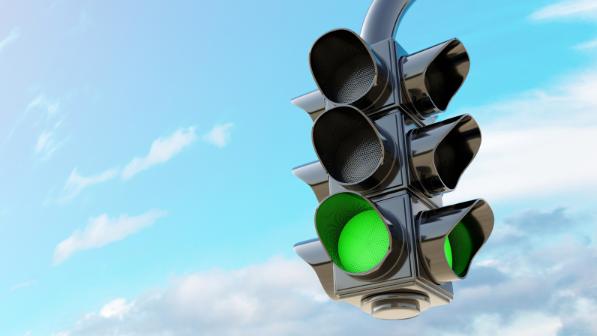Politics
Political landscapes globally are going through a particular period of change. “Tariffs on cross-border movement of goods are set to increase between some countries,” says Thomas Weins, CEO Gerlach. “This means there will be more customs requirements and more customs duties.”
Regulation
Regulation will be tightening too. “With the huge boom in B2C e-commerce, non-compliant practices have increased,” explains Maryam Bernhardt, Business Development Customs, Gerlach. “This can include unregulated goods crossing borders – for example toys, which can be unsafe – or goods being undervalued on customs declarations.” Increased legislation including the EU’s ICS2 program will mean legitimate suppliers are not competing with unscrupulous competitors, who are undercutting them on cost and quality.
Major reform of customs is underway with the EU. Markus outlines one key aspect: “Certain sellers and platforms will be accountable for completing the customs declarations for goods entering the EU. A term you will hear is ‘deemed importer’: these are any companies involved in sales of goods into the EU from a third country.”
There also other customs regulations to be aware of. Thomas outlines how the application of customs procedures can protect the environment: “EU deforestation legislation helps reduce the EU’s impact on deforestation globally. Although this creates more paperwork, it shows the impact legislation can have on sustainability.” In addition, the Carbon Border Adjustment Mechanism “helps encourage cleaner production methods outside of the EU,” continues Maryam.
Digitalization
A major strand of the EU customs reform is the planned EU Customs Data Hub. Ultimately, it will replace the existing IT customs infrastructure and will simplify customs procedures. It will incorporate AI into its methodology, and will bring EU customs into the digital age.


